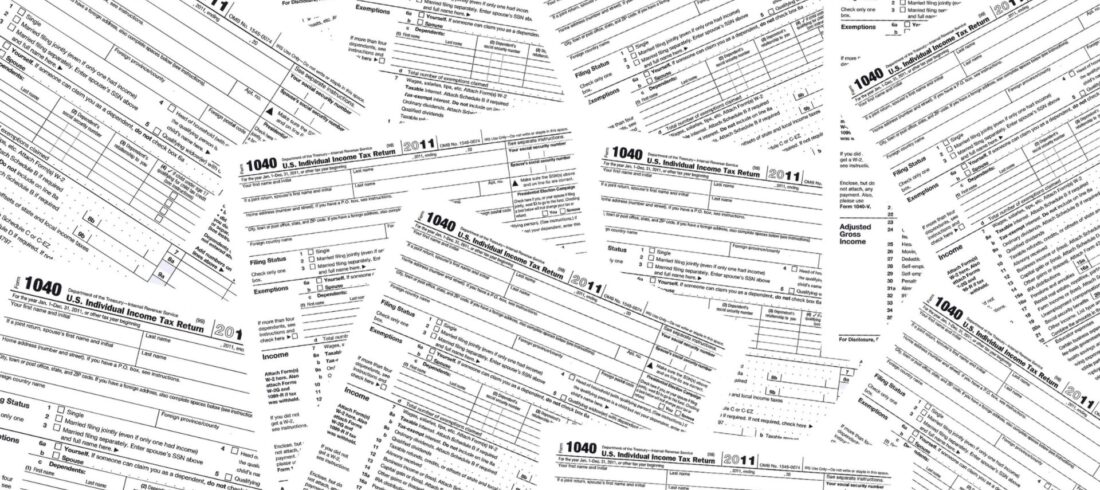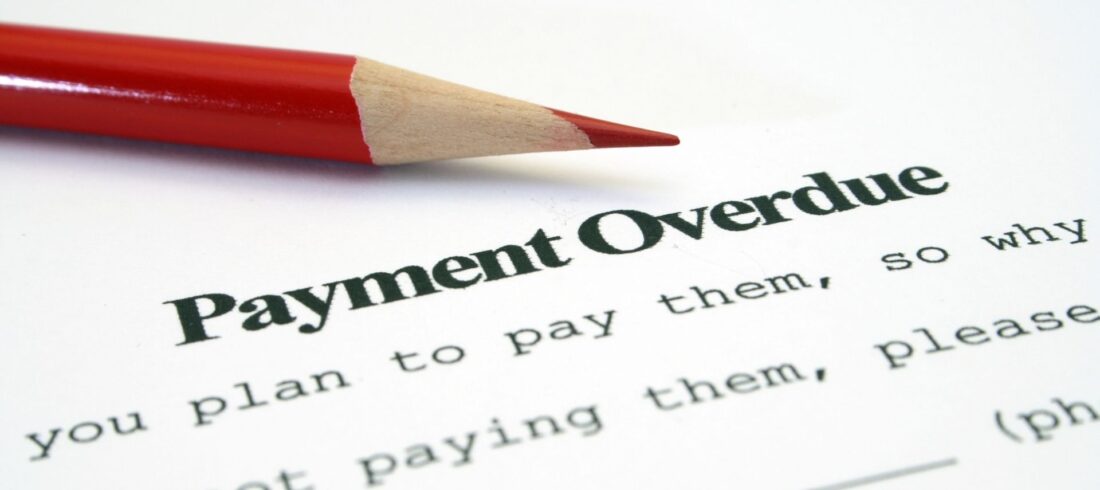A couple of days ago I was talking about how lawmakers seem to have responded to the almost universal availability of computers to U.S. tax payers by making the tax law so complex that it’s close to impossible to prepare an accurate return without a computer.
For the individual tax payer with wage or salary income, itemized deductions, a couple of kids, it’s not too bad. Inexpensive, or even free, tax software is available, so it’s probably a little easier to prepare and file a return now than it was in 1975 when people filled out their returns using pen and paper.
However, when an individual’s situation becomes more complicated, it almost always pays to get assistance from a CPA, Enrolled Agent, or tax lawyer. This is especially true when a couple gets divorced. Several times each year, I get new clients whose divorce lawyers did not consult a tax specialist when negotiating the terms of the divorce.
Here’s a typical example. Andre and Lana got divorced in January, 2006. The two children, aged 8 and 10 live with their mom and have periodic visitation with their dad. The divorce decree calls for the couple to file a joint return for 2005 and for each party to pay ½ of any tax due, or to split any refund equally. The decree also says that Andre will be entitled to take the dependency exemption for the two children on his tax returns for as long as he pays child support.
Lana was self employed from August through December, 2005 and did not make any estimated tax payments. There was also an early distribution from a retirement plan during 2005. The joint tax return showed a balance due of $6100. Lana’s contract with the company she was freelancing for was not renewed, and she was unemployed from February, 2006 through May, 2006. She told Andre she could not pay her share of the tax due for the 2005 tax year, because she has to pay off credit card bills she ran up when she was unemployed. She also filed a tax return for 2006 showing both children as her dependents.
If Andre had come to me before he negotiated his divorce settlement, I would have told him to assume that Lana would not pay her share of the taxes. Nothing personal against Lana at all. It’s just that I see this sort of thing so often – if Lana had come to me, I would have told her the same thing, to assume that Andre would not pay his share of the taxes. If the amount of the tax liability is unknown at the time of the divorce, the parties could either leave a certain amount of money in one or the other lawyers’ trust account, to be used to pay the taxes, with any funds remaining to be split between the parties; or the decree could have specified that the property settlement would not be finalized until after the taxes were paid; or the parties could have used married-filing-separately status for the 2005 return. When Andre came to my office late in 2006, it was too late to do anything. When a joint return is filed, both parties are liable for the taxes. IRS is not required to abide by the terms of a divorce decree – they can get 100% of the taxes due from one party if they want to. Unfortunately for Andre, he was the one IRS chose to focus on.
The second thing I would have done for Andre if he had come to me before the divorce was final is insist that Lana sign Form 8332, giving Andre the right to claim the dependent exemption for each child until the child turned 18 and his child support obligations ended. Since Lana never signed the form and the kids live with her, she is entitled to the exemptions by default, unless she signs Form 8332 releasing her claim.













